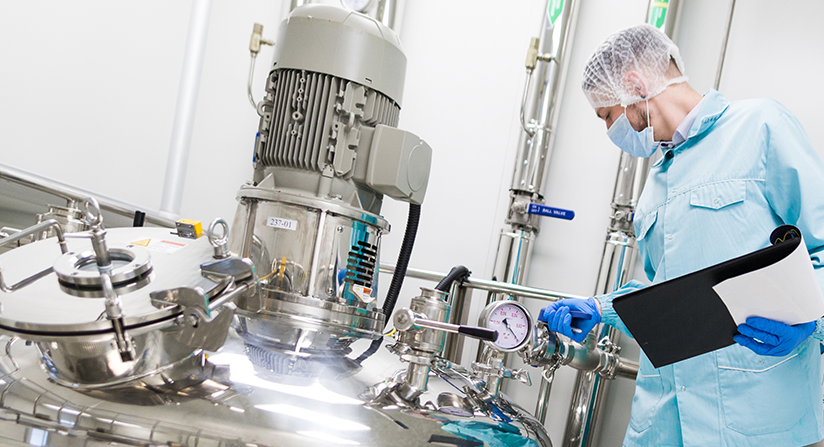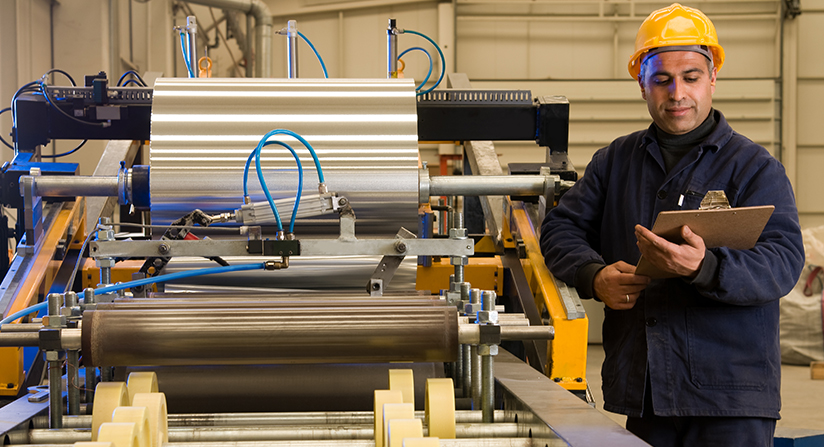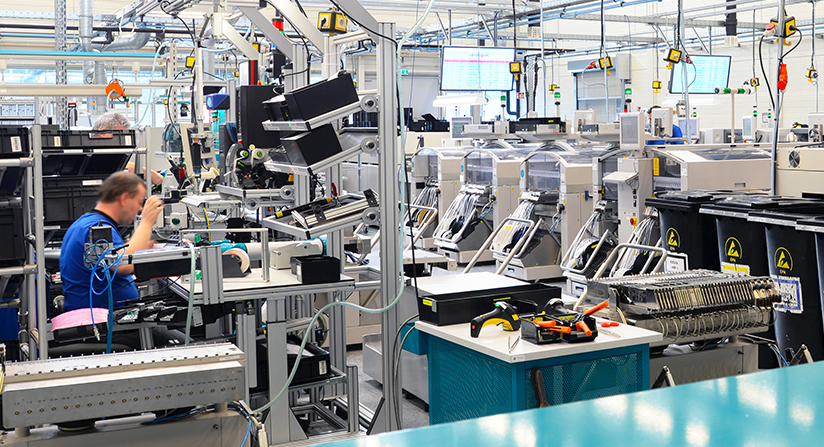The medical device manufacturing industry is one of the most crucial and life-saving industries in the world is largely affected by economic downturns, population demographics, and technological advancements. It deals with a huge range of components such as hypodermic needles, syringes, implanted defibrillators, female diagnostics, and cardiac monitoring equipment.
Undoubtedly, this sector will evolve a great deal in the coming years considering increasing health concerns and a rising population. Medical device manufacturers are seeking new technological solutions to take on these new challenges.
Setbacks
Despite evolving technology and changing trends, medical equipment manufacturers should take the steps necessary to ensure product quality. Let’s have a look at the following challenges faced by this industry:
- Ensuring regulatory compliance– Stringent regulations, traceability, and safety are the major concerns for a medical device manufacturer. As compliance and regulatory standards vary from country to country, garnering government support in the form of tax and financial support, subsidized research, and development are challenges faced by manufacturers.
- Product quality– To minimize product recalls and customer dissatisfaction, product quality is paramount. The FDA-regulated medical device manufacturing industry compiles every piece of information to meet the growing government requirements. Using best-in-class software, businesses can track devices by their batch number, lot number, or serial number to systematize every process and minimize product recalls.
- Inept business processes– Managing every product, operation, and resource of a business is difficult. A medical device manufacturing business needs state-of-the-art technology that can facilitate cross-functional automation, seamless data sharing, and mobile access to files and documents. By using software that breaks down silos and supports operations such as warehouse management, production, procurement, quality control, shipping, and other basic functions will promote better decision-making and time management.
Solution
The benefits of a modern ERP system are crucial for a growing business. From the textile industry to telecommunications to medical device manufacturing, almost every industry today invests in ERP software that can integrate every part of the business and simplify complex manufacturing processes.
ERP software offers business intelligence tools and intuitive dashboards. It lets you meet industry-specific requirements by attaching, creating, and co-authoring important files from remote locations. Enterprise resource planning software is a set of business management tools that optimizes order planning and fulfillment, handles underutilized inventory and stock-outs, ensures better quality standards, and manages BOMs and every area of a manufacturing unit. How OptiProERP helps medical device manufacturers:
⦁ User-friendly dashboards and easy to use functionalities that ensure even a non-technical person can learn it
⦁ All functions under one umbrella with consolidated business data in a single database
⦁ Ensures that every medical appliance designed on the shop floor meets stringent regulations
⦁ Real-time visibility of data promotes coordination and streamlines inter-departmental relations
⦁ Offers modules for production, quality, supply chain, HR, accounting, sales, finance, costing, reporting, outlook integration, CRM, MRP, purchasing, business partner management, and more
The medical device manufacturing sector is vast and so are its functions. From SMBs to globally acclaimed companies such as Johnson & Johnson, every manufacturer strives hard to stand out in this market.
This is how ERP can help medical device manufacturers to evolve in this ever-evolving market:
⦁ Compliance – The medical device industry is driven by strict regulations, compliance items, and standards. ERP can ensure products are compliant with process control, quality checks, and alerts if anything isn’t meeting standards.
⦁ Manufacturing automation – Nobody in this modern world relies on paper forms, spreadsheets, or repetitive manual processes to create invoices or other documents. ERP solutions have taken over manual processes and eliminated data redundancies. ERP automates day-to-day accounting tasks such as maintaining journal entries, supporting tax calculations and production processes, and auto-generating quality control orders.
⦁ Order fulfillment – From point of sales inquiries to delivery of products to customers, every process should be streamlined to avoid stock-outs and to lower inventory returns. ERP software acts as a central hub where you get the information about procured and shipped products, purchase orders, and inventory.
⦁ Real-time tracking – Fortunately, some ERP software automates serial and lot tracking that allows you to plan for single-level, double-level, and multi-level sampling and 100% inspection of products. It also streamlines the processes by offering features such as batch and serial number tracking to support your quality control operations.
OptiProERP with SAP Business One is a reliable and affordable ERP solution for small and mid-sized manufacturers. It facilitates real-time visibility into the supply chain and checks the quality of every piece of medical equipment being procured, received, shipped, and stored in inventory or final assembly. OptiProERP with SAP Business One also helps manufacturers facilitate regulations and standards by offering features such as AQL (Accepted Quality Level) and RQL (Rejected Quality Level) – this lets you adhere to the stringent quality norms.
Please feel free to contact us to know more about how ERP for medical device manufacturers can help you execute your plans and achieve your goals in the medical device manufacturing industry. You can also s email us at optiproinfo@optiproerp.com.
Follow Us










